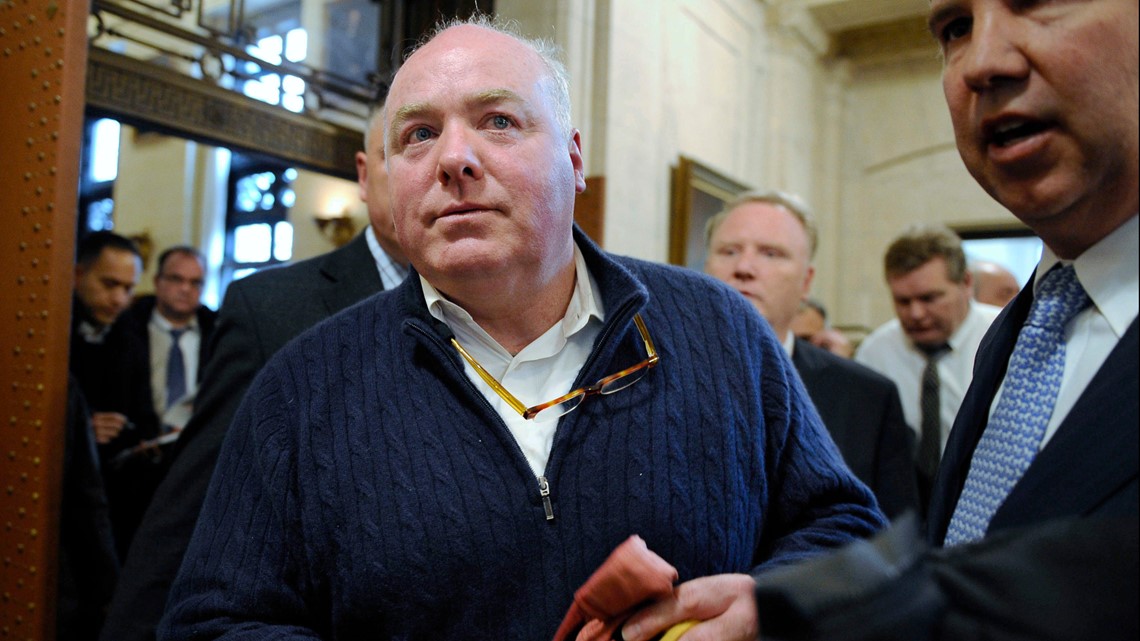Kennedy cousin Michael Skakel, whose murder conviction in the 1970s killing of teenager Martha Moxley was overturned, has filed a lawsuit against lead investigator Frank Garr and the town of Greenwich. Skakel, found guilty in 2002, spent over 11 years in prison before the Connecticut Supreme Court overturned his conviction in 2018. The new lawsuit alleges malicious prosecution, civil rights violations, and intentional withholding of evidence by the investigator.

Allegations of Malicious Prosecution and Withholding Evidence
The lawsuit contends that investigator Frank Garr intentionally withheld crucial evidence about other potential suspects from Skakel’s trial defense. It claims that Garr, along with the town of Greenwich, pursued the conviction of Skakel despite knowing about other more likely suspects, intentionally and maliciously targeting him due to his status as a ‘Kennedy Cousin.’
The suit seeks unspecified damages over $15,000.
The state attorney general’s office, defending Garr, declined to comment, while a response from Greenwich’s lawyer is pending. Skakel’s attorney, Stephan Seeger, characterized the lawsuit as a civil rights action against Garr and the town, emphasizing the 11 and a half years Skakel spent in jail for a crime he was later cleared of.
READ ALSO: East Bay Driver Faces Murder Charges for Alleged Package Thief Encounter
Background of the Case and Reversal of Conviction
Skakel, a nephew of Ethel Kennedy, was initially convicted in 2002 for the 1975 bludgeoning death of Martha Moxley in Greenwich. The Connecticut Supreme Court overturned his conviction in 2018, citing his defense lawyer’s failure to present evidence of an alibi. In 2020, the state prosecutor dropped the murder charge, stating Skakel would not be retried.
The lawsuit alleges that Garr, the lead investigator, was determined to secure Skakel’s conviction and intentionally omitted evidence pointing to other potential suspects. It highlights the lack of physical evidence linking Skakel to the crime and claims that information beneficial to his defense was withheld.
READ ALSO: Nobel Laureate Muhammad Yunus Sentenced to Jail for Labor Law Violations in Bangladesh



